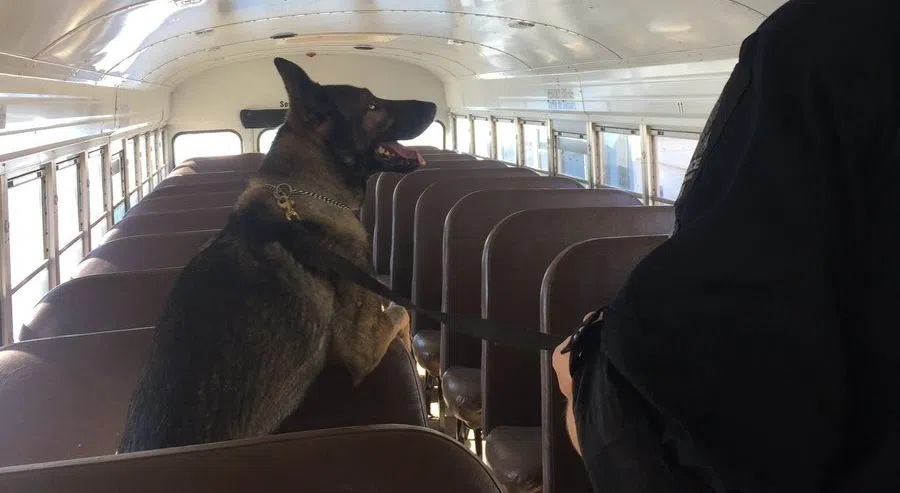
Medicine Hat Police’s K9 unit not sweating cannabis legalization
MEDICINE HAT, AB – The nose knows best for dogs working with the Medicine Hat Police Service, as sniffing out illegal drugs including marijuana has been a big part of their job.
But for Astor, Flint, and other K9 units across the country things are about to change.
Once marijuana becomes legal on October 17, there won’t be a need for police dogs in Canada to sniff out pot.
